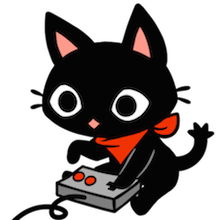
Héctor M. Sánchez C.
I. Background & Rationale
a) The Problem
b) Why Gaming?
c) Remarks
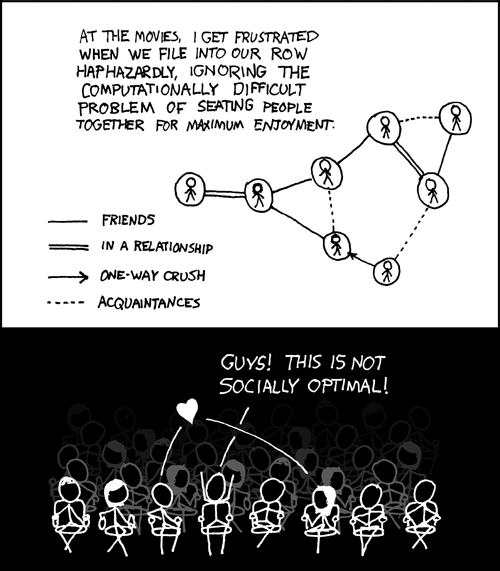
impressive at solving really hard computational optimisation problems,
gathering, and analyzing data.
[World Record Progression: Super Mario Bros]



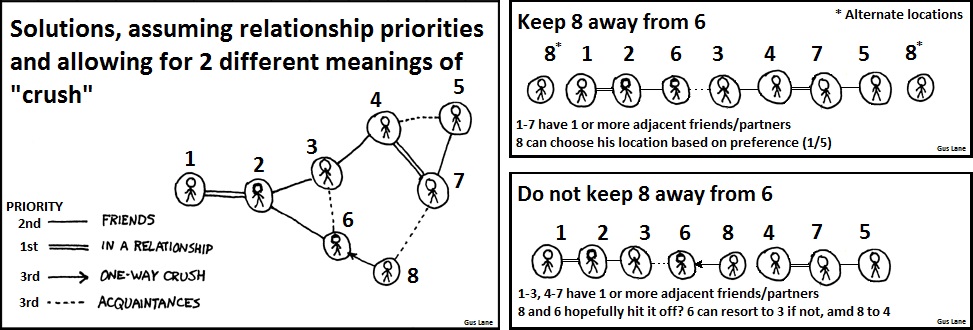 Motivated humans are good at solving problems.
Computers are good at automating processes.
How can we leverage the best part of both worlds?
Motivated humans are good at solving problems.
Computers are good at automating processes.
How can we leverage the best part of both worlds?II. "Gamifying" Public Health
a) Education
b) Education + Optimisation
c) Crowd-Driven Initiatives
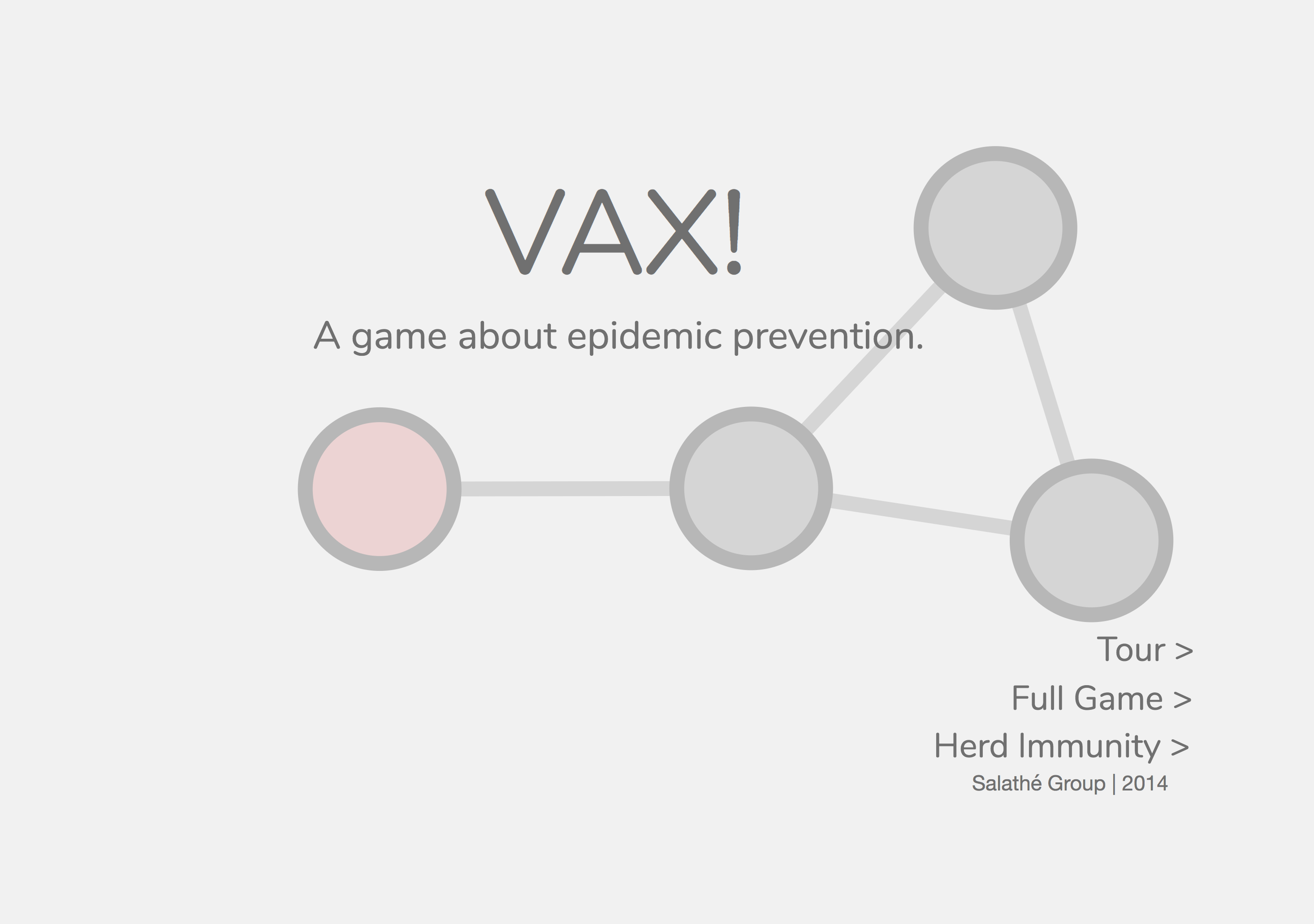
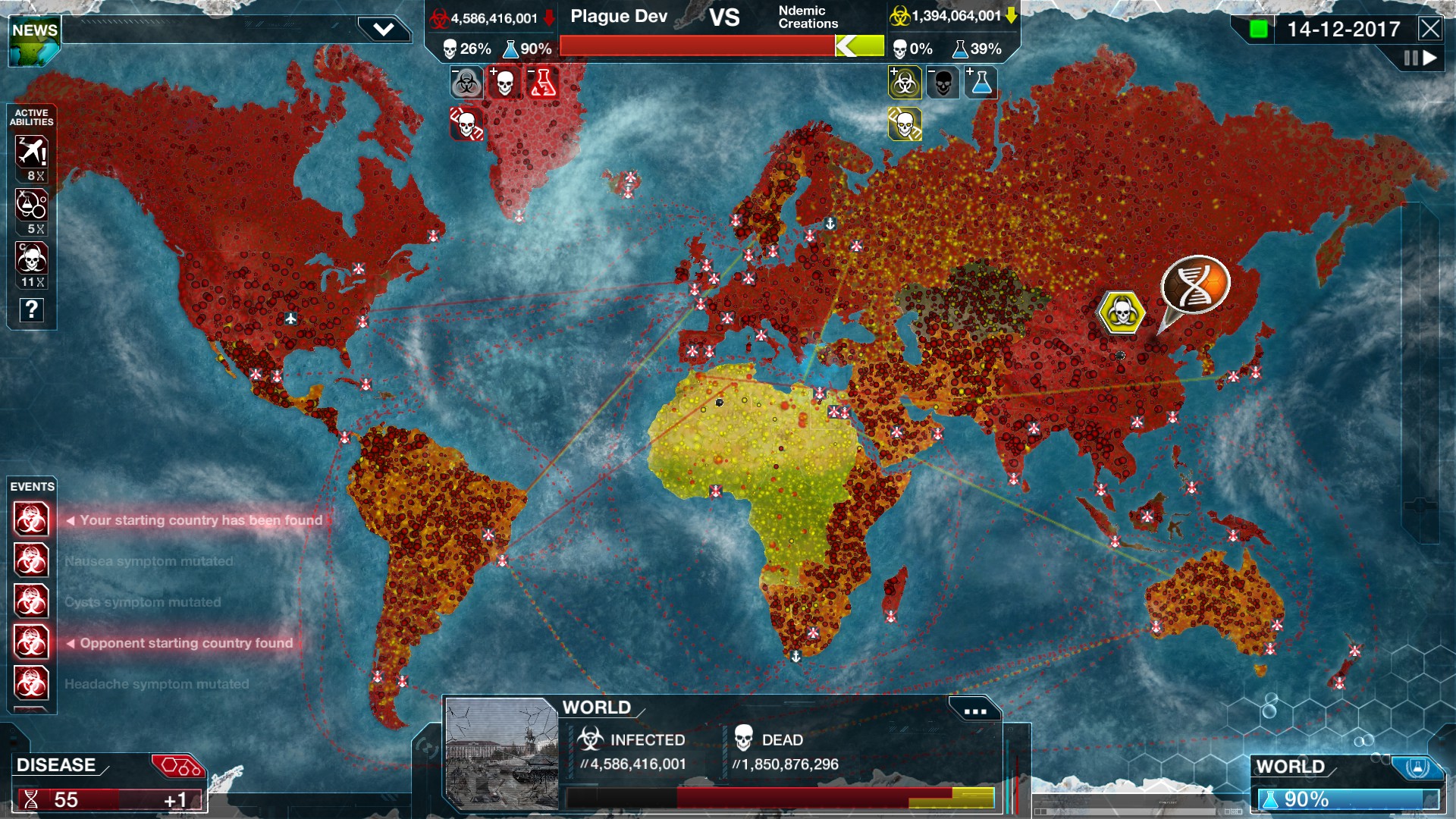

[Paper]
III. Questions & Discussion
1. What other insights, besides resource optimization and data gathering, could be gained from "gamifying" public health problems? 2. Platforms like Dengue Chat, Zooniverse and OpenStreetMap offer opportunities for volunteers to become involved in the research process.Can you think of any other online gaming/volunteer activities that could support disease control efforts? 3. How can we best keep people engaged and interested in these kinds of crowd-driven initiatives and educational games?
